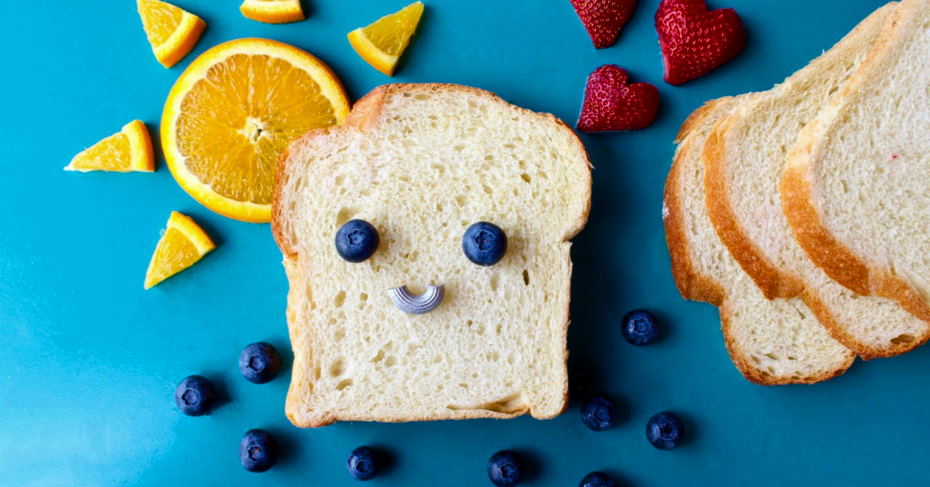How to Achieving a Positive Relationship With Food
Jul 03

Food is one of the most important aspects of our lives. It is how we fuel our bodies and keep them healthy. However, for some people, food can be a source of stress and anxiety. This may be due to a number of factors, such as body image issues, negative experiences with food in the past, or simply feeling overwhelmed by all the different food choices available today. If you are struggling to have a positive relationship with food, don’t worry – you are not alone. There are steps you can take to improve your relationship with food and improve your overall health and wellbeing.
Shaping positive eating behaviours
It seems that everywhere we turn, we are bombarded with messages about food. The media tells us what we should and shouldn’t eat, our friends and family share their own food-related experiences and advice, and society in general places a huge emphasis on appearance. It’s no wonder that so many of us have a complicated relationship with food!
If you’re struggling to develop a healthy relationship with food, know that you’re not alone. Here are some tips to help you on your journey:
- Be mindful of your eating habits.
Becoming more aware of your eating patterns is an important first step in developing a healthier relationship with food. Pay attention to when, why, and how often you eat. Do you eat when you’re bored, stressed, or unhappy? Or do you wait until you’re actually hungry?

- Challenge your food beliefs.
We all have certain beliefs about food, and many of these beliefs are based on myths and stereotypes. For example, you might believe that eating carbs will make you fat, or that all fats are bad for you. It’s important to challenge these beliefs and look at the evidence.
- Make peace with food.
Forgiving yourself for past eating habits is an important part of developing a healthier relationship with food. If you’re constantly beating yourself up for what you’ve eaten in the past, it will be difficult to move forward. Try to focus on the present and make choices that will help you reach your goals.
- Respect your body.
Your body is an amazing machine, and it deserves to be treated with respect. Nourish your body with healthy food, and move your body in ways that make you feel good. Remember that your weight is not a reflection of your worth as a person.
- Find balance.
Allowing yourself to enjoy the foods you love in moderation is key to developing a healthy relationship with food. Depriving yourself of certain foods will only make you crave them more. Find a balance that works for you, and stick with it.
Making peace with food is a journey, and there will undoubtedly be bumps along the way. But by following these tips, you can develop a healthier, more positive relationship with food.

Breaking the cycle of disordered eating and building a healthy relationship with food
It’s a process that often involves ups and downs, and it can be difficult to stay on track. But there are things you can do to make the journey a little easier. Here are five tips for success:
- Set realistic goals.
When it comes to changing your relationship with food, it’s important to set realistic goals. Trying to make major changes overnight is likely to lead to frustration and eventually give up. Instead, focus on making small, manageable changes that you can stick with over time.
- Find support.
Making lasting changes is often easier when you have support from others. Talk to your friends and family about your goals, join a support group, or see a therapist who can help you through the process.
- Be patient.
Changing your relationship with food is a journey, not a destination. It’s important to be patient and understand that there will be setbacks along the way. But if you keep working at it, you will eventually reach your goals.
- Make healthy choices.
One of the best things you can do for your health is to make healthy choices when it comes to food. Eating nutritious meals and snacks will help your body function its best and make it easier to stick to your goals.
- Be kind to yourself.
Building a healthy relationship with food is a process, and it’s important to be gentle with yourself as you go through it. Remember that you’re doing the best you can, and don’t be too hard on yourself if you have a bad day or make a mistake.

 Sugarfoot Grits is a women-centric platform that aims to showcase women’s stories from across the globe. We cover everything that bothers women’s lives – from female empowerment stories to beauty and fashion trends and relationship and career advice to actionable advice.
Sugarfoot Grits is a women-centric platform that aims to showcase women’s stories from across the globe. We cover everything that bothers women’s lives – from female empowerment stories to beauty and fashion trends and relationship and career advice to actionable advice.